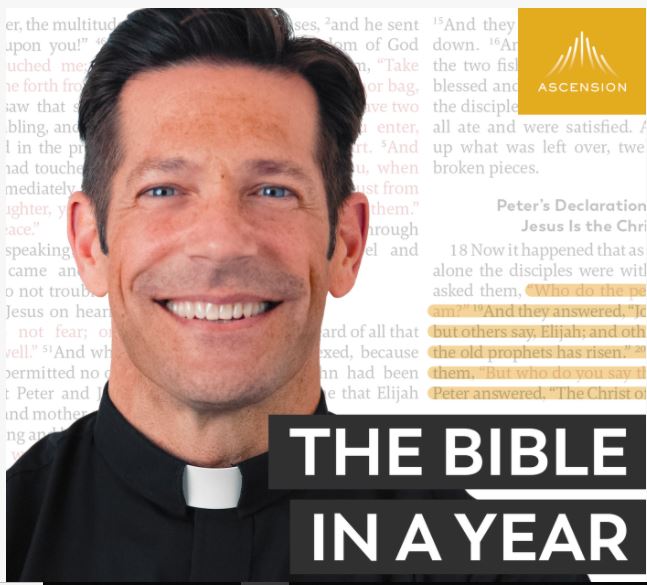
//Women at the Well Ministries//

416 N 2nd St, Albemarle, NC, 28001 | (704) 982-2910

//Women at the Well Ministries//

The Word became flesh to reconcile us with God, to manifest God’s love for us, to model holiness, and to make us partakers of the divine nature. We learn that the “Incarnation” refers to the fact that the Son of God assumed human nature in order to accomplish our salvation. Fr. Mike explains that belief in the Incarnation of God is the distinctive sign of Christian faith. Today’s readings are Catechism paragraphs 456-463.
Click on the link to play video: https://youtu.be/3vRxlDNcbNs


//Prayer Warriors//

“Always give good heed to the Word of God, whether you hear or read it in private, or hearken to it when publicly preached: listen with attention and reverence; seek to profit by it, and do not let the precious words fall unheeded; receive them into your heart as a costly balsam; imitate the Blessed Virgin who ‘kept all the sayings’ concerning her Son, ‘in her heart.’ And remember that according as we hearken to and receive God’s words, so will He hearken and receive our supplications.”— St. Francis de Sales
//The Catholic Company//


Today we begin reading the Gospel of John! Fr. Mike emphasizes the significance of Jesus’ divinity, and explains how the story of salvation culminates in Christ as the Messiah.
Click on link:
https://bibleinayear.fireside.fm/day-99
